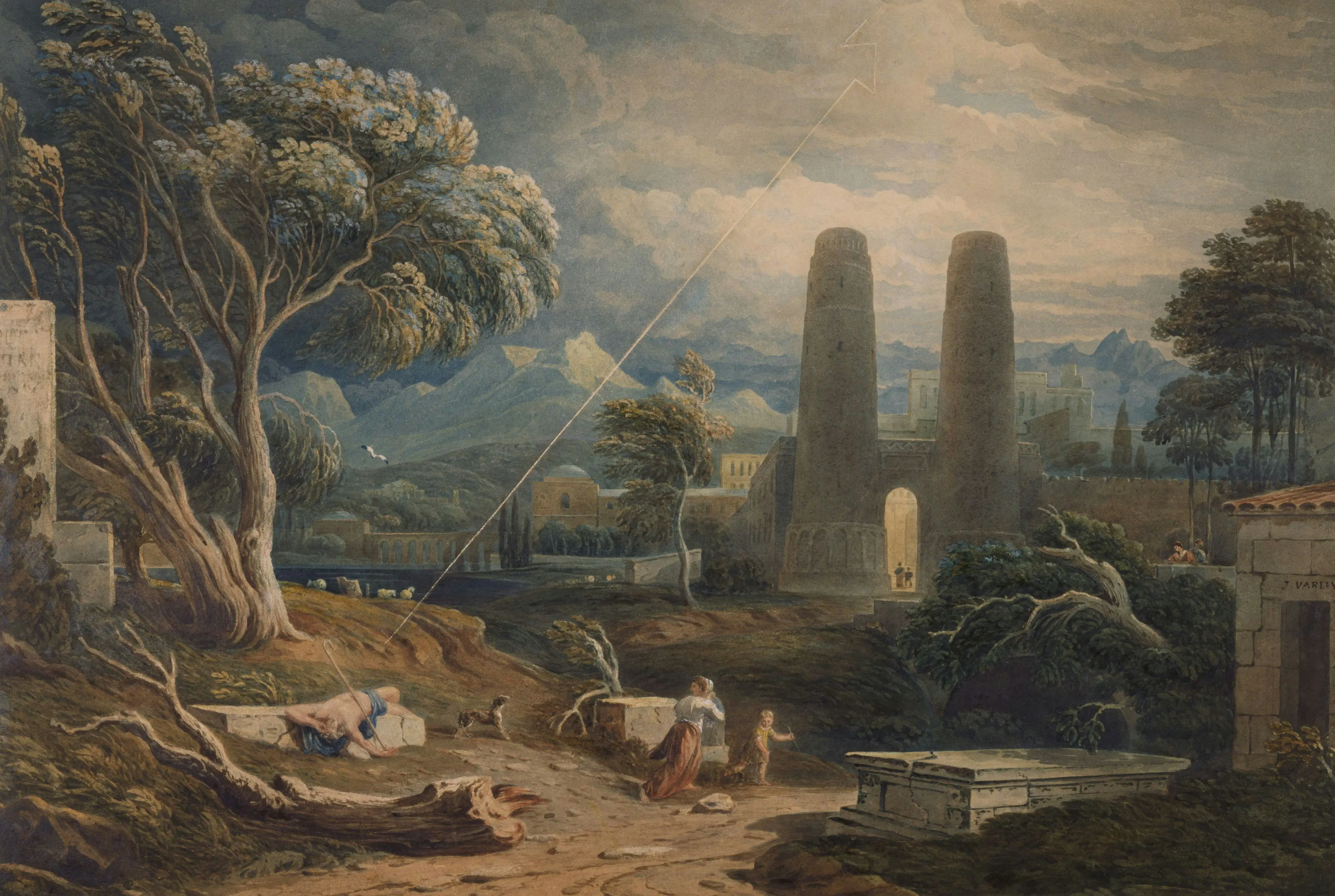AI Resurrects Ancient Babylonian Hymn From The Ashes Of Time

In a fascinating fusion of technology and ancient history, researchers have successfully employed Artificial Intelligence (AI) to restore a long-lost piece of the Babylonian culture. The Hymn to Babylon, a historical text that has eluded researchers for decades due to its deteriorated condition, is now readable once more, thanks to the innovative work of AI experts.
The hymn, believed to date back over 3,000 years, was initially discovered on a clay tablet. However, the ravages of time had rendered much of the text illegible. Traditional methods of restoration failed to recover the full content, leaving gaps in our understanding of ancient Babylonian society and beliefs.
Enter AI. A team of researchers from LMU Munich developed a cutting-edge algorithm specifically designed to reconstruct missing sections of ancient texts. By training the AI on existing Babylonian writings, the team enabled the system to intelligently predict and fill in the gaps where the text had worn away. The result? A more complete and coherent version of the Hymn to Babylon than has ever been seen in modern times.
“This application of AI goes beyond mere technical achievement; it opens a new chapter in the study of ancient cultures,” said Dr. Claudia Shelle, a leading member of the research team. “The AI didn’t just restore words; it restored meaning and context, allowing us to better understand the cultural and spiritual life of ancient Babylon.”
The restored hymn provides a glimpse into the spiritual practices of the time, highlighting the significance of Babylon as a spiritual and political center. It reflects the reverence Babylonians held for their city and its gods, offering scholars new insights into the social and religious dynamics of one of history’s most influential civilizations.
This groundbreaking work underscores the potential of AI in the field of historical preservation and education. By bridging the gap between past and present, AI is not only preserving history but also enhancing our understanding of it.
The success of this project paves the way for future applications of AI in archaeology and other fields where historical artifacts suffer from the inevitable passage of time. As AI continues to evolve, who knows what other ancient secrets might be revealed?